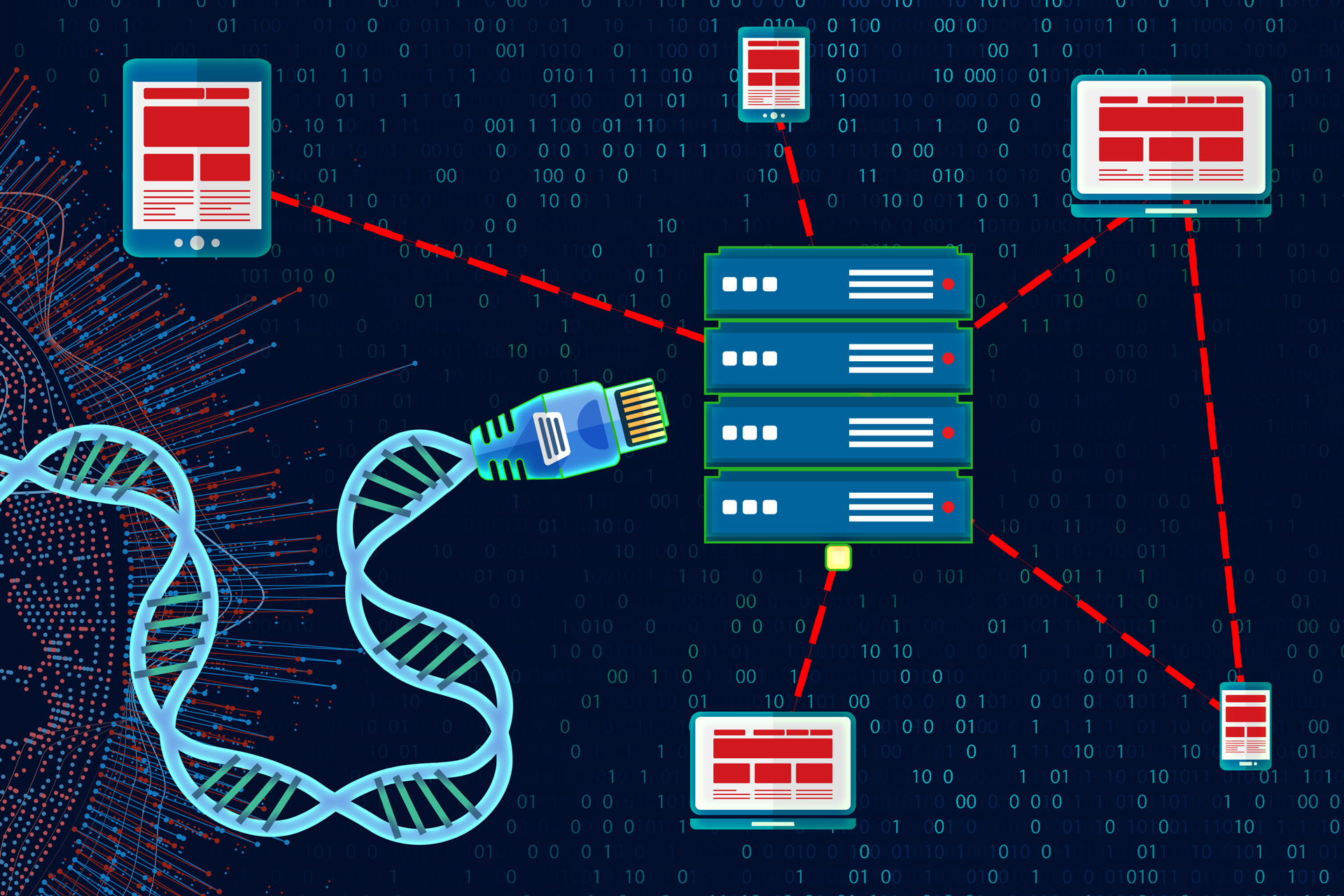‘Anonymous’ genetic databases vulnerable to privacy leaks
By Helena Kudiabor,
Nature
| 10. 14. 2024
A study has raised concerns that a type of genetic database that is increasingly popular with researchers could be exploited to reveal the identities of its participants, or link private health information to their public genetic profiles.
Single-cell data sets can contain information on gene expression in millions of cells collected from thousands of people. They are often freely accessible, providing a valuable resource for researchers who study the effects of diseases at a cellular level. The data are supposed to be anonymized, but a study published on 2 October in Cell1 shows how genetic data from one study “can be exploited to uncover private information about individuals in another study”, the authors write.
The findings highlight the difficulty of balancing the interests of researchers with the privacy of donors. “Our genomes are very identifying. They can tell a lot about us, our traits, our predisposition to diseases,” says study co-author Gamze Gürsoy, a bioinformatics researcher at Columbia University in New York City. “You can change your credit-card number if it leaks, but you cannot change your genome.”
Sensitive
...
Related Articles
By Anumita Kaur [cites CGS’ Katie Hasson], The Washington Post | 03.25.2025
Genetic information company 23andMe has said that it is headed to bankruptcy court, raising questions for what happens to the DNA shared by millions of people with the company via saliva test kits.
Sunday’s announcement clears the way for a new...
By Peter Wehling, Tino Plümecke, and Isabelle Bartram
| 03.26.2025
This article was originally published as “Soziogenomik und polygene Scores” in issue 272 (February 2025) of the German-language journal Gen-ethischer Informationsdienst (GID); translated by the authors.
In mid-November 2024, the British organization Hope not Hate published its investigative research ‘Inside the Eugenics Revival’. In addition to documentating an active international “race research” network, the investigation also brought to light the existence of a US start-up that offers eugenic embryo selection. Heliospect Genomics aims to enable wealthy couples to...
By Frank Landymore, Futurism | 03.18.2025
You can only throw so much money at a problem.
This, more or less, is the line being taken by AI researchers in a recent survey. Asked whether "scaling up" current AI approaches could lead to achieving artificial general...
By Craig S. Smith, Forbes | 03.08.2025
One recent evening in Shenzhen, a group of software engineers gathered in a dimly lit co-working space, furiously typing as they monitored the performance of a new AI system. The air was electric, thick with the hum of servers and...




